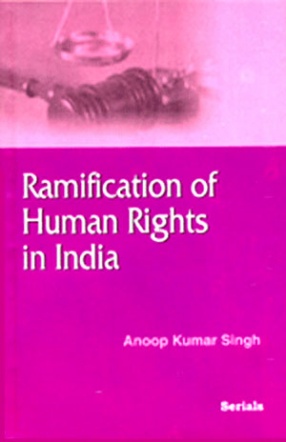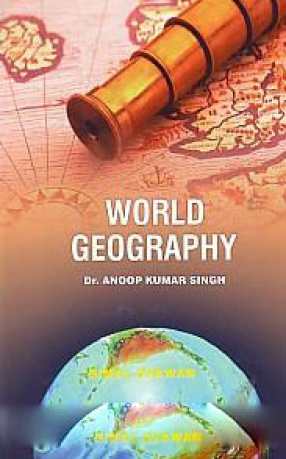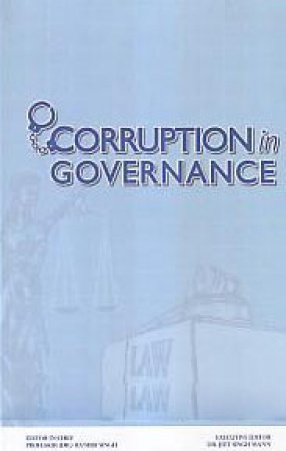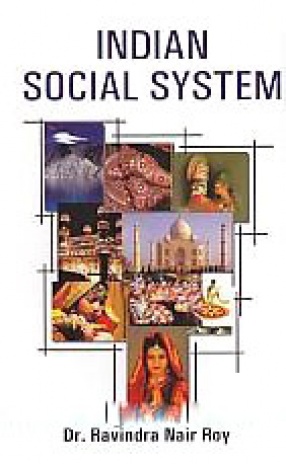The book presents Ramification of human rights in India enriching the sociology of human rights through intensive analysis and empirical findings by contributors. The idea of human rights was prevalent at all times in all civilization, but though the term 'human rights', as it is understood, articulated, promoted and protected in the modern sense of the term was not in vogue in antiquity. Dignity of and the respect for the human person is the source of human rights.
The first legal document in the modem sense of the term embodying human rights is the Magna Carta. Violation of rights of dalits, rights of women and rights of Tea garden workers is discussed in human rights perspective. Various vulnerable group's, rights of aged people, rights to women by Panchayati Raj Institutions (PRI's), human rights of displaced persons as well as genesis and implication of human rights in developing societies is elaborated and discussed in wider spectrum. Emphasis is placed on the fact that without creating awareness and universal culture of human rights concrete results of U.N. declaration on human rights could not be reality for developing country like India.








There are no reviews yet.